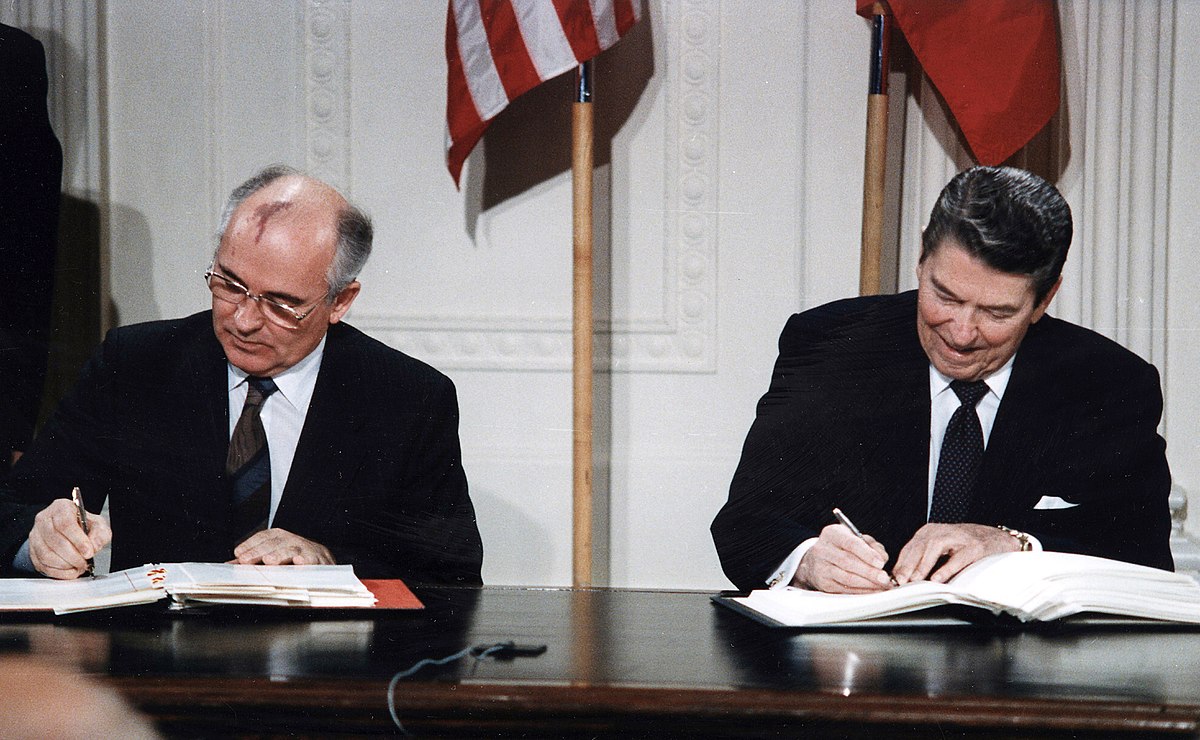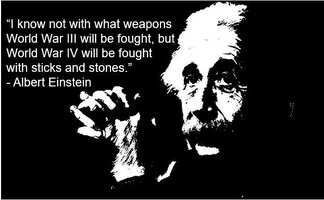N
newfrontier
Member
- Mar 23, 2023
- 42
excerpt from On the Origin of God(s) by Means of Supernatural Selection
Could nuclear weapons ever be used again in the future? By asking the question in a serious way, we will have to contend with some very complicated issues. An affirmative answer to our question might be unthinkable to many, after all, nuclear weapons have not been used since the end of World War II; although regional wars and conflicts were fought out at various times throughout the world, most developed nations have enjoyed a period of relative peace and prosperity; while many hope for this state of peace to continue, others believe they have good reasons to think that nuclear weapons will never again be used intentionally.
We acknowledge the significant progress that various nations have made towards nuclear disarmament and reduction, and the impact that diplomatic and geopolitical balancing may have had in preventing other nations from developing these weapons. We acknowledge that generally speaking, nations and governments tend to act rationally in self-preservation and cooperatively towards common interests. Many stakeholders reasonably conclude that the cost of using nuclear weapons is too high and impractical for achieving any meaningful objectives, often summarized by the statement that "a nuclear war cannot be won and must never be fought". We acknowledge the importance of the Treaty on the Non-Proliferation of Nuclear Weapons, the Treaty on the Prohibition of Nuclear Weapons, and the Comprehensive Nuclear-Test-Ban Treaty amongst other international laws and customs as important milestones towards disarmament and security. In sum, we acknowledge there exists a variety of safety mechanisms designed and implemented to ensure nuclear safety.
But despite all that, many of us are not so convinced, and are left with lingering questions: are the net effect of these mechanisms sufficient in all cases? Do they guarantee our safety from future nuclear disasters with absolute effectiveness? Or could the safeguards eventually fail despite our best efforts?
Could nuclear weapons ever be used again in the future? By asking the question in a serious way, we will have to contend with some very complicated issues. An affirmative answer to our question might be unthinkable to many, after all, nuclear weapons have not been used since the end of World War II; although regional wars and conflicts were fought out at various times throughout the world, most developed nations have enjoyed a period of relative peace and prosperity; while many hope for this state of peace to continue, others believe they have good reasons to think that nuclear weapons will never again be used intentionally.
We acknowledge the significant progress that various nations have made towards nuclear disarmament and reduction, and the impact that diplomatic and geopolitical balancing may have had in preventing other nations from developing these weapons. We acknowledge that generally speaking, nations and governments tend to act rationally in self-preservation and cooperatively towards common interests. Many stakeholders reasonably conclude that the cost of using nuclear weapons is too high and impractical for achieving any meaningful objectives, often summarized by the statement that "a nuclear war cannot be won and must never be fought". We acknowledge the importance of the Treaty on the Non-Proliferation of Nuclear Weapons, the Treaty on the Prohibition of Nuclear Weapons, and the Comprehensive Nuclear-Test-Ban Treaty amongst other international laws and customs as important milestones towards disarmament and security. In sum, we acknowledge there exists a variety of safety mechanisms designed and implemented to ensure nuclear safety.
But despite all that, many of us are not so convinced, and are left with lingering questions: are the net effect of these mechanisms sufficient in all cases? Do they guarantee our safety from future nuclear disasters with absolute effectiveness? Or could the safeguards eventually fail despite our best efforts?





